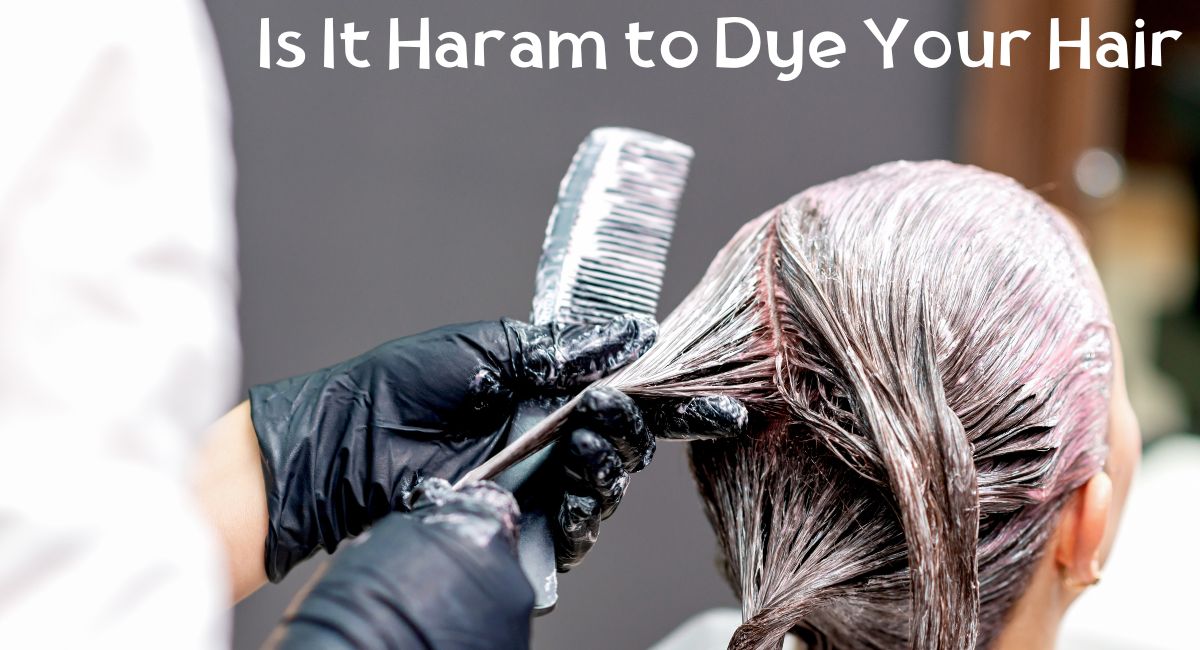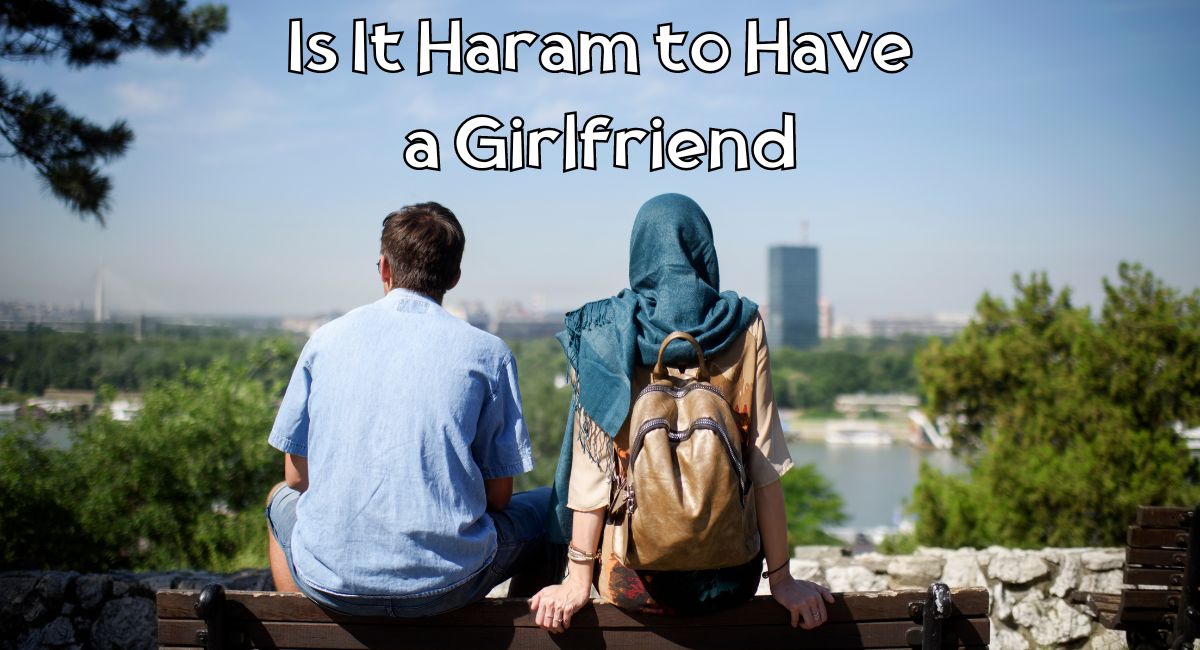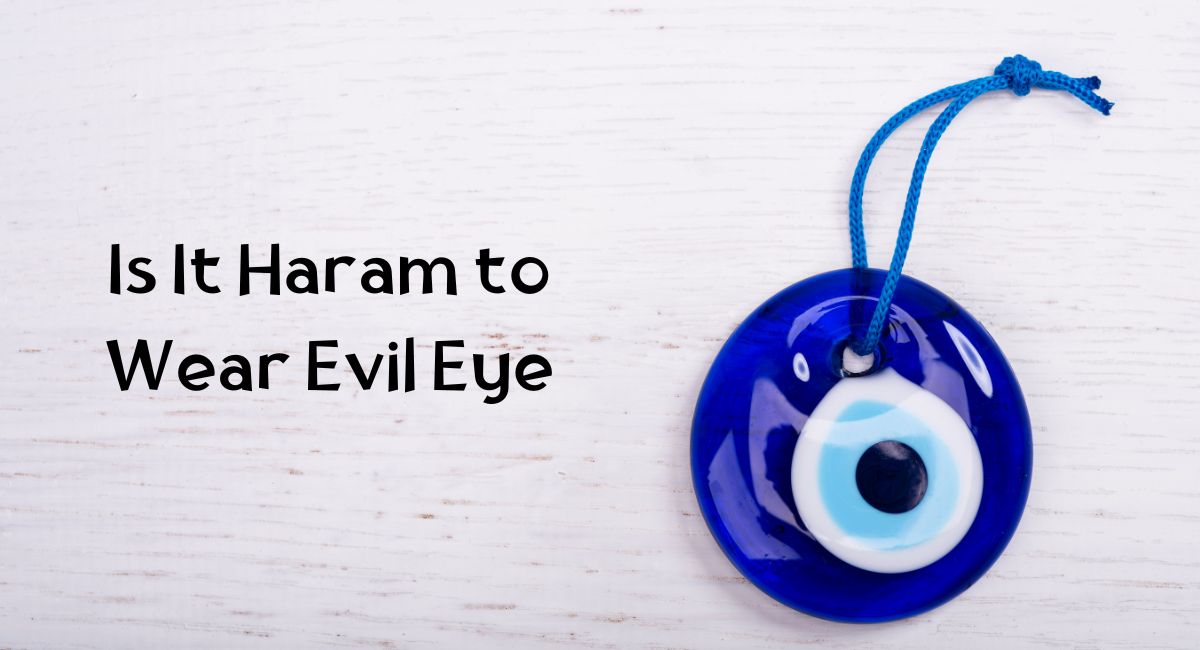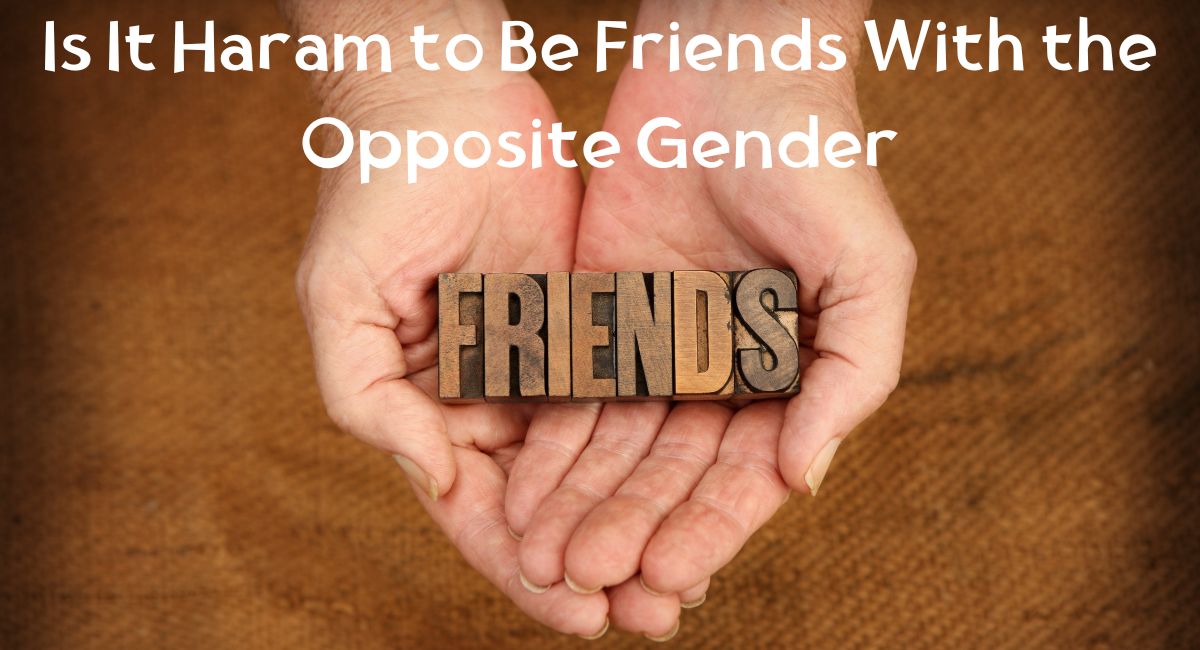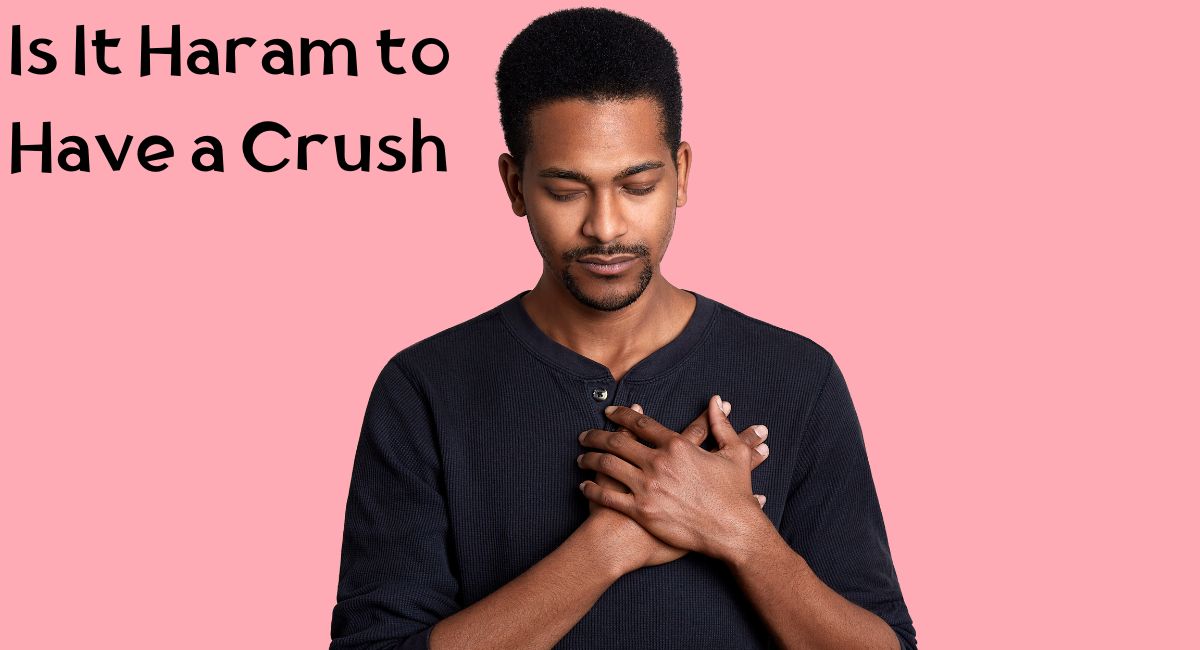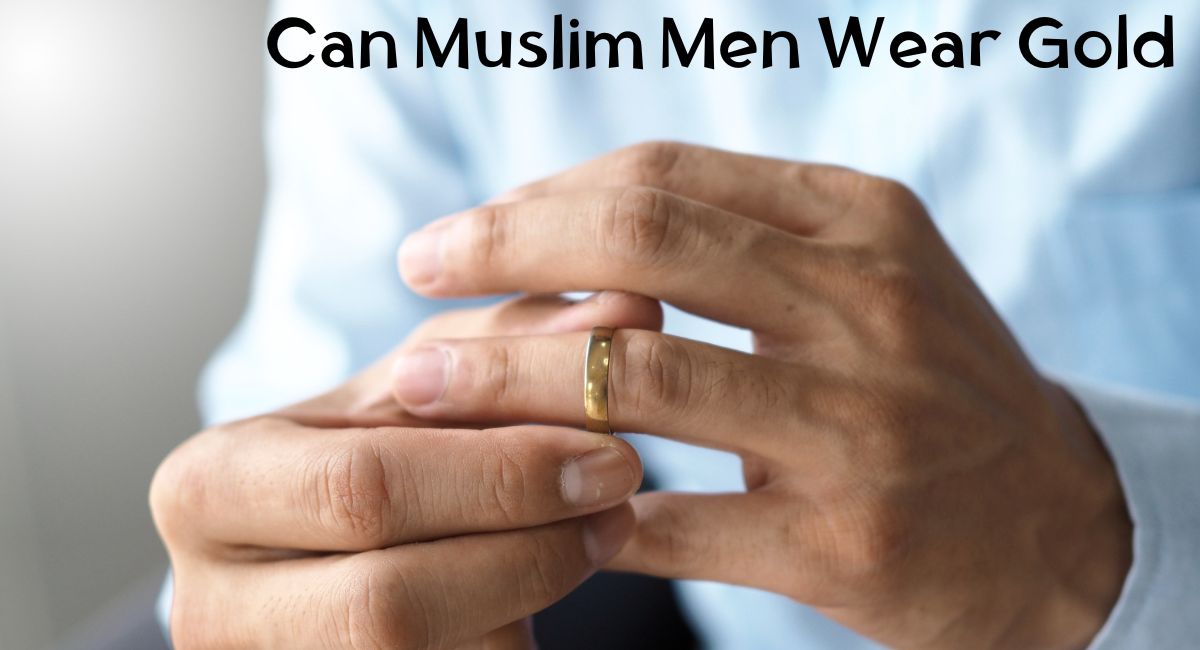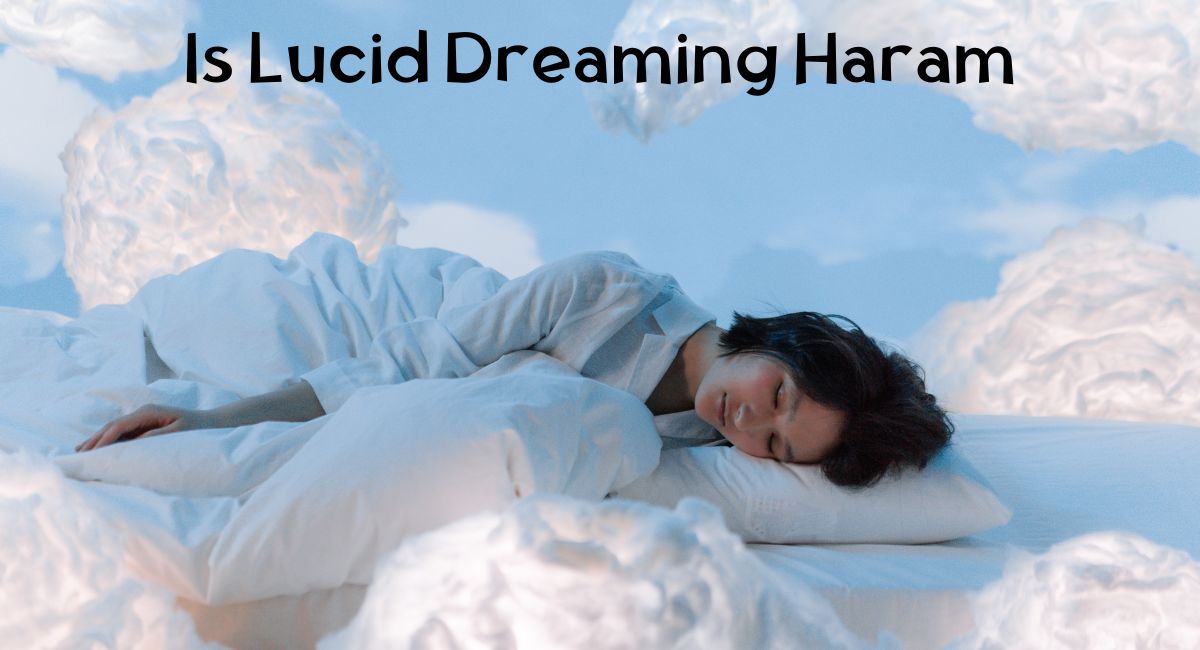The permissibility of dyeing one’s hair in Islam is a topic of discussion and debate among scholars, and it largely depends on the specific circumstances and intentions of the individual. While dyeing hair is not inherently haram (forbidden) in Islam, there are guidelines and considerations that Muslims should keep in mind when it comes to altering the color of their hair.
In this article, we will explore the Islamic perspective on dyeing hair, the factors that influence its permissibility, and the boundaries set by Islamic teachings.
We will delve into various opinions from Islamic scholars, the use of natural and permissible dyes, and the importance of intention and modesty when altering one’s appearance. By the end, readers will have a comprehensive understanding of whether and how they can dye their hair in accordance with Islamic principles.
Key Takeaways
- Dyeing hair is not inherently haram (forbidden) in Islam, but there are guidelines and considerations to keep in mind.
- Scholars from different schools of thought have different opinions on the permissibility of dyeing hair.
- Scholars like Imam Abu Hanifa permit dyeing eyebrows and beard as long as it is not mixed with other substances, while others believe it may reduce the reward in paradise or result in worldly disrepute.
- Seeking knowledge and guidance, exercising personal judgment, and using permissible alternatives are suggested solutions for differing opinions on hair dyeing.
- Dyeing hair with unconventional colors is generally permissible as long as it doesn violate principles of modesty and decorum.
- Hair dyeing with black color explicitly forbidden based on the teachings of Prophet Muhammad (PBUH).
- Prophet (PBUH) and his companions practiced hair dyeing, and it is considered a tradition in Islam.
- Hair dyeing during Ramadan is permissible, and there are no specific restrictions.
- Highlighting hair is allowed in any shade of natural color except black.
- Some hair dyes are water permeable, making them suitable for Muslim consumers who perform ablution (wudhu).
- Semi-permanent hair dye is considered halal if made from permissible ingredients and allows water to reach the roots of the hair for valid ablution (wudhu).
Is It Haram to Dye Your Hair
Hair dyeing in Islam has garnered diverse opinions from scholars, reflecting the complexity of this topic. Various scholars have expressed their views on the permissibility of hair dyeing, shedding light on the nuances surrounding this practice.
Opinions of Imam Abu Hanifa, Shafi’i, and Maliki Scholars
Imam Abu Hanifa, from the Hanafi school of thought, believes that dyeing eyebrows and beard is permissible as long as it is not mixed with other substances. However, scholars from the Shafi’i and Maliki schools of thought hold the view that using henna to color the hair or nails may reduce the reward in paradise. While these scholars differ in their opinions, it is important to acknowledge the diversity within Islamic jurisprudence.
Views of Ibn ‘Abdil Barr and Imam al-Shawkani
Other scholars, such as Ibn ‘Abdil Barr and Imam al-Shawkani, argue that dyeing one’s hair may not lead to punishment in the afterlife but may result in worldly disrepute. Their perspective acknowledges the potential social implications of hair dyeing, emphasizing the importance of maintaining a good reputation within the community.
Seeking Wisdom and Making an Informed Decision
With the array of opinions, it is crucial for individuals to exercise their wisdom and make an informed decision based on their understanding of Islamic teachings. Engaging in open discussions and seeking guidance from knowledgeable scholars can provide valuable insights to navigate this complex matter.
Hadiths on Hair Dyeing
There are several Hadiths that shed light on the topic of hair dyeing in Islam. These Hadiths provide insight into the Prophet Muhammad’s views on the practice and offer examples of hair dyeing being practiced by his companions.
Several Hadiths mention the Prophet encouraging dyeing one’s hair, indicating that it is a permissible act within the Islamic faith.
Additionally, there are Hadiths that specifically address the use of henna, with the Prophet allowing its application on the hands and feet but prohibiting painting with it elsewhere.
It was narrated that Ibn ‘Umar said:
“The Messenger of Allah [SAW] said: ‘Change gray hair, but do not imitate the Jews.'”
Sunan an-Nasa’i 5073
This hadith is often understood as an encouragement to change or dye gray hair to maintain a youthful appearance but with the caution not to imitate the specific customs or practices of the Jewish community.
It was narrated that Abu Hurairah said:
“The Messenger of Allah [SAW] said: ‘The Jews and the Christians do not dye their hair, so be different from them and dye your hair.'”
Sunan an-Nasa’i 5071
This hadith is also understood as an encouragement for Muslims to dye their hair, especially to cover gray hair, as it is a way of distinguishing themselves from the practices of the Jewish and Christian communities of that time.
These sayings serve as evidence of hair dyeing being practiced during the time of the Prophet Muhammad and provide guidance for Muslims on the permissibility of dyeing their hair. It is important to note that these Hadiths should be understood and interpreted within the context of the wider Islamic teachings and the diversity of opinions among scholars.
Hair Dyeing with Unconventional Colors
When it comes to dyeing your hair with unconventional colors, such as blue, pink, purple, green, or silver, the permissibility in Islam depends on the general ruling on hair dyeing.
As long as the dye used does not result in a permanent change of color, it is generally considered permissible. However, it is important to ensure that the chosen dye does not resemble the hairstyles and colors of sinful people, as this is something to be avoided.
To further understand the context of hair dyeing in Islamic culture, it is necessary to consider the diverse opinions and interpretations of scholars.
While some may have reservations about unconventional hair colors due to social perceptions or potential associations with sinful behavior, others hold a more lenient view, permitting the use of such colors as long as they don’t violate general principles of modesty and decorum.
Solutions for Differing Opinions on Hair Dyeing
With the diverse opinions among Islamic scholars regarding hair dyeing, it can be challenging to determine the best course of action. However, there are several solutions that individuals can consider when faced with differing opinions.
1. Seek Knowledge and Guidance
Take the time to gain a deeper understanding of the various interpretations and arguments put forth by different scholars. This can involve studying the scriptures, consulting knowledgeable individuals, and attending lectures or seminars on the topic. By seeking knowledge and guidance, you can make a more informed decision that aligns with your personal beliefs.
2. Exercise Personal Judgment
Remember that Islam encourages the use of personal judgment (ijtihad) in matters where there is no clear consensus. If you are unable to find a definitive ruling on hair dyeing from reputable scholars or schools of thought, you can exercise personal judgment based on your understanding of Islamic principles and your conscience. Take into consideration the intentions behind your actions, the potential impact on your religious life and community, and any cultural or social norms that may influence your decision.
3. Use Permissible Alternatives
If you are unsure about the permissibility of traditional hair dyeing, consider exploring alternative options that are generally accepted as permissible within Islamic teachings. Natural dyes, such as henna, can be used to achieve a variety of colors without raising concerns about their religious validity. Additionally, you may also explore alternative methods of hair coloring, such as temporary hair sprays or hair extensions, as long as they do not contradict other Islamic principles.
It was narrated from Abu Dharr that:
The Prophet [SAW] said: “The best things with which you can change gray hair are Henna and Katam.”
Is It Haram to Dye Hair Black
Dyeing hair black is explicitly forbidden in Islam based on the teachings of the Prophet Muhammad (PBUH). This prohibition is derived from a hadith in which the Prophet advised against dyeing hair black.
It was narrated that Jabir said:
“Abu Quhafah was brought on the Day of the Conquest of Makkah, and his hair and beard were white like the Thaghamah. The Messenger of Allah [SAW] said: ‘Change this with something, but avoid black.'”
Sunan an-Nasa’i 5076
This Hadith indicates that it is permissible to change the color of one’s hair, especially if it has turned white with age, but it advises against using black dye. Black dye was discouraged in order to avoid imitating the appearance of disbelievers or hypocrites, as it was believed that some of them used black dye to conceal their gray hair.
Another Hadith warns against dyeing one’s hair black, comparing it to the color of pigeon breasts, and implies that those who do so will not enjoy the fragrance of Paradise.
It was narrated that Ibn ‘Abbas, who attributed it to the Prophet [SAW], said: “Some people will dye their hair black like the breasts of pigeons at the end of time, but they will not even smell the fragrance of Paradise.”
This saying is often interpreted as a caution against imitating the appearance of disbelievers or hypocrites, as it was believed that some of them used black hair dye. It emphasizes the importance of following the guidance and traditions of the Prophet Muhammad (peace be upon him) in matters of personal grooming and appearance.
